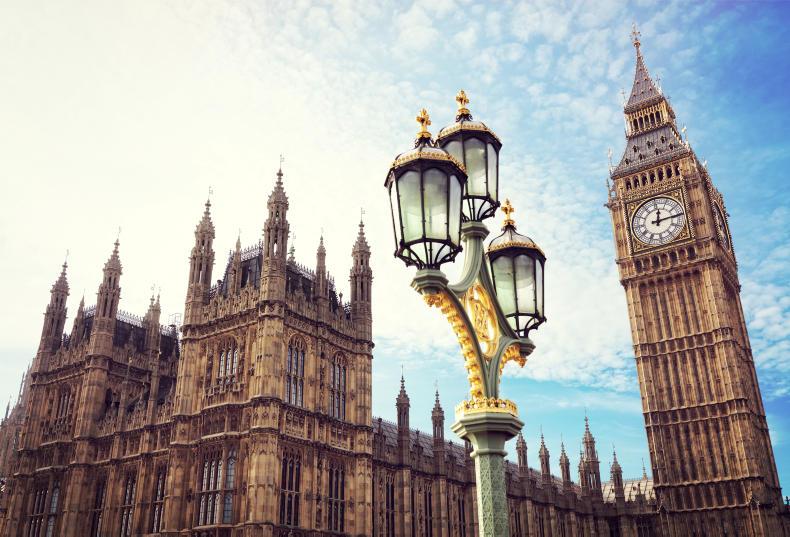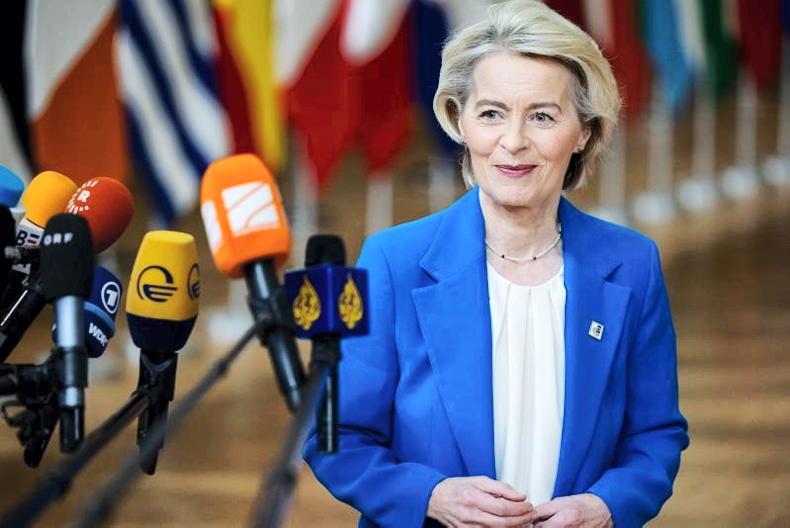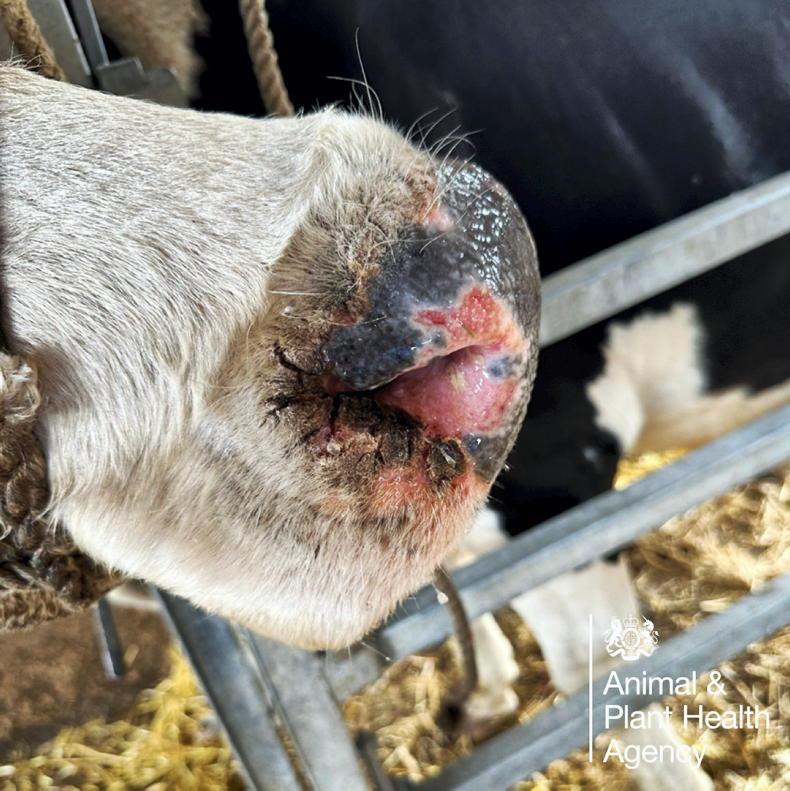It has been a week of intense speculation on Brexit progress and whether or not there would be enough progress by Friday for EU Council President Donald Tusk to call a special meeting of the heads of state in November.
As of Friday evening, this had not happened but the signs are that even the Irish border part of the deal is pretty much in place and it is now time for strategic leaks to prepare all parties for an exit agreement and the start of discussions on a long-term relationship.
Parliamentary difficulties
With this in mind, the pro-Brexit element of Parliament including Northern Ireland’s DUP members whose support gives the PM a majority, are expressing their disquiet because the EU won’t agree to a type of Brexit that allows business as usual for the UK while accepting that they go off and do their own thing on migration and trade.
The basic reality is that you are either an EU member or you are not and the UK will not be after 29 March next year.
NI exception
Where the EU is prepared to cut a considerable amount of slack is in relation to Northern Ireland. They will accept the area of the UK that has 1.7m people as de facto associate members of the EU so long as they abide by the same standards while at the same time availing of any export opportunities that may arise for the UK post-Brexit.
For some, this undermines the constitutional position of Northern Ireland despite a multitude of variations with the rest of the UK in relation to social rules and animal health, where the island of Ireland is treated as one unit requiring an “import” policy for livestock coming in from Britain.
Furthermore, Northern Ireland with all-party support had intended varying its rate of corporation tax from the rest of the UK to closer alignment with the Republic of Ireland prior to the collapse of the Northern Ireland administration early in 2017.
Fudge
The fudge comes into play where the EU engages with the rest of the UK in the context of its future trading relationship. If a withdrawal agreement is signed off, the next phase will be transition during which everything will stay the same.
This is agreed until the end of 2020 but given the complexities of trade negotiations, do not be surprised to see this extended for a considerably longer period.
If at the end of this the UK decides to remain aligned with the EU on customs and regulatory standards, it will mean effectively membership of the European Economic area with the bolt-on of customs union alignment.
The only thing that would prevent full membership of the EEA is that the UK is unlikely to accept free movement of people. However, the UK needs migrant labour, so the possibility of a fudge shouldn’t be dismissed here as well.
This would preserve the status quo and the backstop would become a footnote in history. The only time that it might re-emerge is if the UK decided at some point in the future that it wanted to break with the customs union, then it would be back in play.
What next?
Of course getting to this point depends on the British Prime Minster getting the deal through her cabinet and then securing enough support in Parliament. Neither of these are certain given that there has been another resignation from the cabinet and the DUP is not prepared to support what appears to be on the table.
Therefore Theresa May ultimately needs a substantial number of opposition MPs to vote with the Government in support of a deal and with the Labour opposition seeing the Government's difficulty as their opportunity, this cannot be assumed.
It's safe to conclude that Brexit as an issue will be with us for some time to come and the anxiety for farmers either side of the problem Irish border will continue.










SHARING OPTIONS